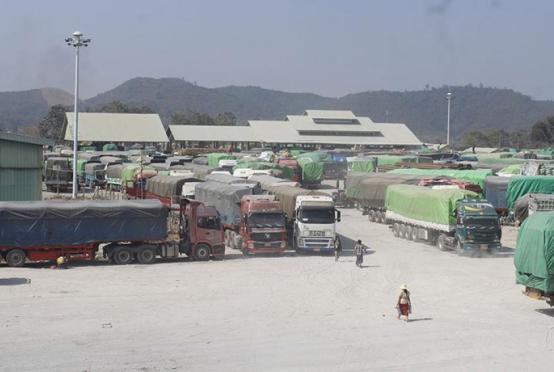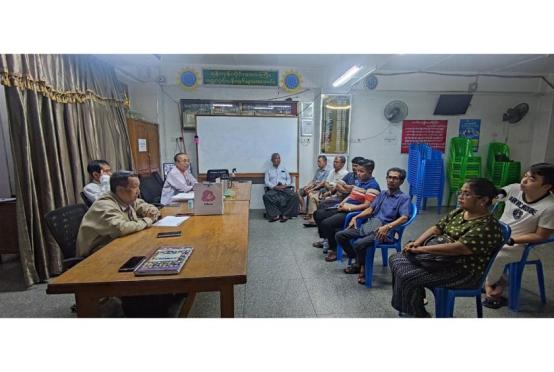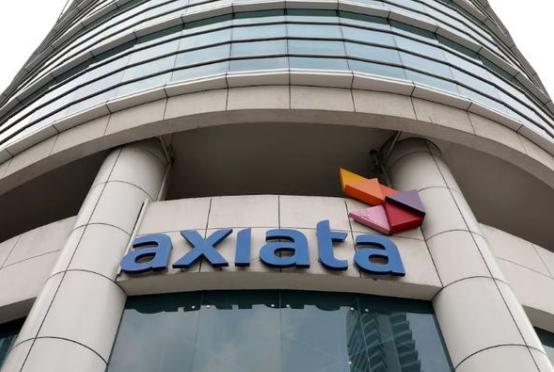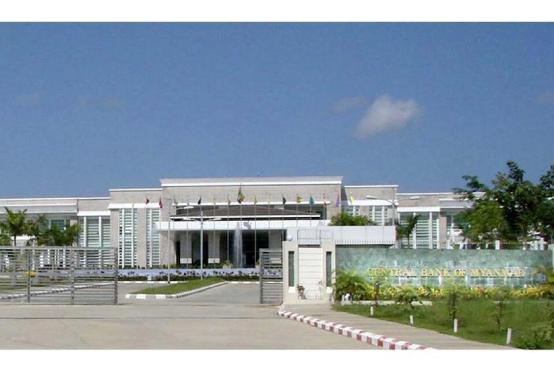Kathmandu (The Kathmandu Post) - Despite reservations from the private sector, the government, two weeks ago, decided to revise the minimum threshold for foreign direct investment from Rs5 million to Rs50 million. The private sector had asked the threshold be increased to Rs100 million.
As the government aims to attract large amounts of foreign capital to close the resource gap, it makes sense to increase the threshold to a reasonable level, said Binod Prakash Singh, director general at the Department of Industry.
“The policy will invite investment while safeguarding small domestic industries,” said Singh.
The private sector, however, believes that the government should have set the threshold at least Rs100 million to attract investments that would support large-scale projects and also facilitate the import of modern technology.
A lower threshold, on the other hand, could affect local investors.
“A lower threshold would mean that small businesses, such as restaurants, coffee shops and hotels, will operate on foreign investment,” said Rajesh Kaji Shrestha, president of the Nepal Chamber of Commerce.
“In the past, local entrepreneurs were not in a position to inject huge amounts of funds in business. Now, they’re able to invest hundreds of millions.”
Singh, however, said the government has moderated the foreign investment amount on the grounds that requiring large amounts of capital could discourage potential foreign investors.
In addition to enforcing the new threshold, the government is also drafting a regulation for the 2019 Foreign Investment and Transfer of Technology Act (FITTA), which aims to protect a number of domestic products by prohibiting foreign investment in certain sectors.
“We are framing goods in the negative list to protect domestic businesses in travel, mass communication, and farm products, among others,” said Singh.
A draft of the regulation is in the final stages and will soon be forwarded to the Cabinet for approval, he said.
Prior to conducting the Nepal Investment Summit in March, the government had enacted FITTA, hoping to increase foreign investment in the country. The government raising the minimum threshold could affect this plan adversely, said analysts.
While Shrestha had advocated for a higher threshold, some in the private sector believe that the threshold should be minimal.
Potential foreign investors might consider even the Rs50 million threshold restrictive, said Siddhant Raj Pandey, chairman and CEO of Business Oxygen, Nepal’s first private equity fund.
“Facilitation and effective regulation could be a better way to track small foreign enterprises rather than imposing restrictions,” said Pandey, calling the government’s decision “irrational”.
Rather than focusing on the size of capital, the government would do better to prioritise the import of innovative technology and efficient management, he said.
More foreign investment means more capital for businesses, which could in turn lead to more employment, say analysts. Similarly, more capital could also help facilitate competition in the market, leading to the efficiency of domestic entrepreneurs as they would have to compete with the products of foreign investors.
In the past, the private sector has not responded well to foreign investment. In March, domestic dairies had strongly lobbied the government restrict Amul, an India-based multinational company, from operating in Nepal.
Ultimately, the size of the threshold might not be of much significance until the fundamentals of economics improve in Nepal, said Raghu Bir Bista, associate professor of economics at Tribhuvan University.
“Major issues like a small market, labour shortages in manufacturing and agriculture, small basket of goods with high comparative advantage, poor infrastructure, and bureaucratic hassles need to be addressed first to attract foreign investment,” said Bista. Foreign investment in large amounts is unlikely when such obstacles are in place.
Bista also pointed out the need to improve efficiency and transparency in businesses operated by the private sector.
“The government must impose differentiated slabs for various industries only after conducting an empirical assessment on the performance of various sectors,” said Bista.
“Foreign investment must be allowed on the basis of the performance and market size of different sectors, rather than imposing a common threshold for all.”
http://kathmandupost.ekantipur.com/news/2019-06-04/rs-50-million-minimum...















